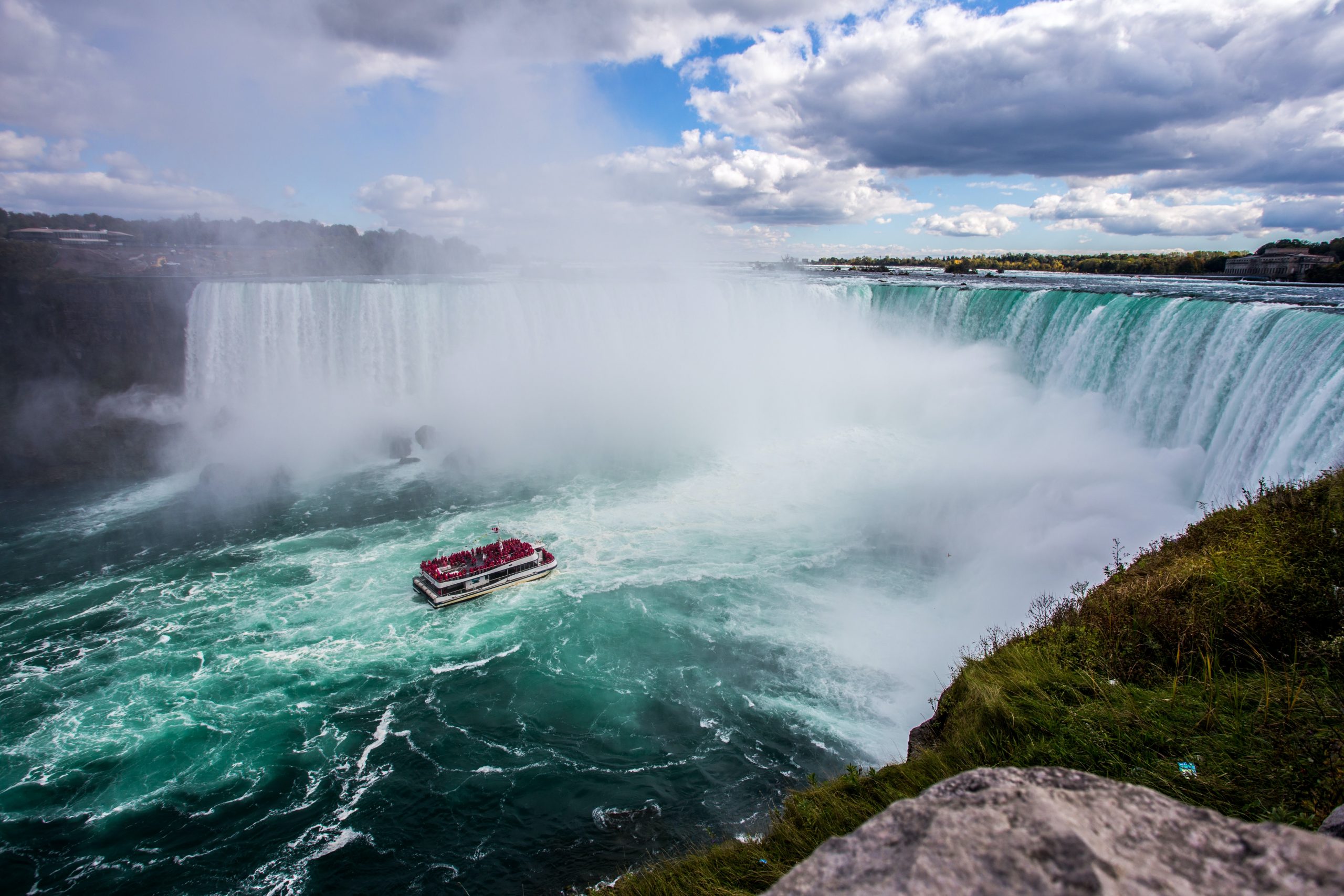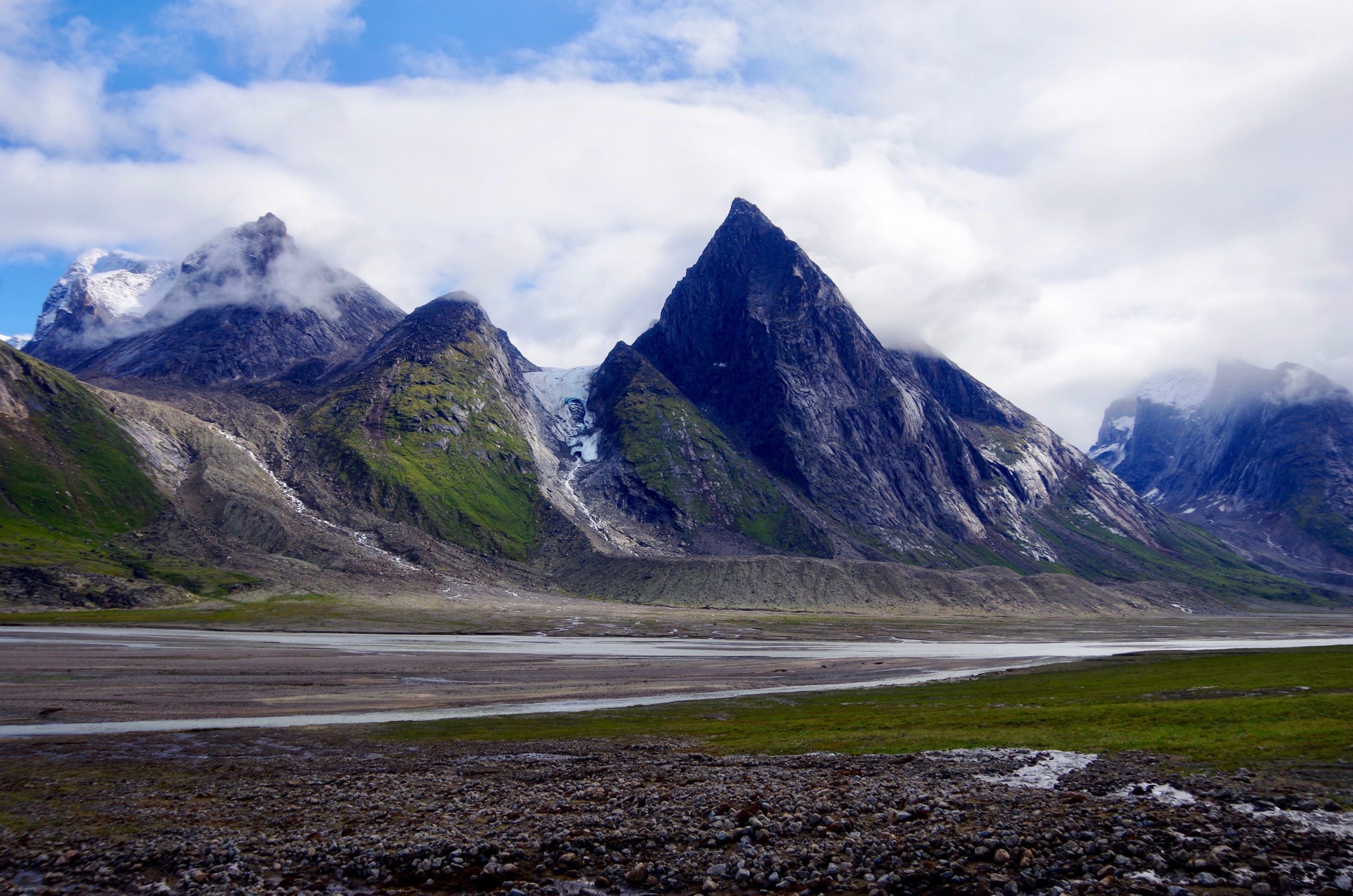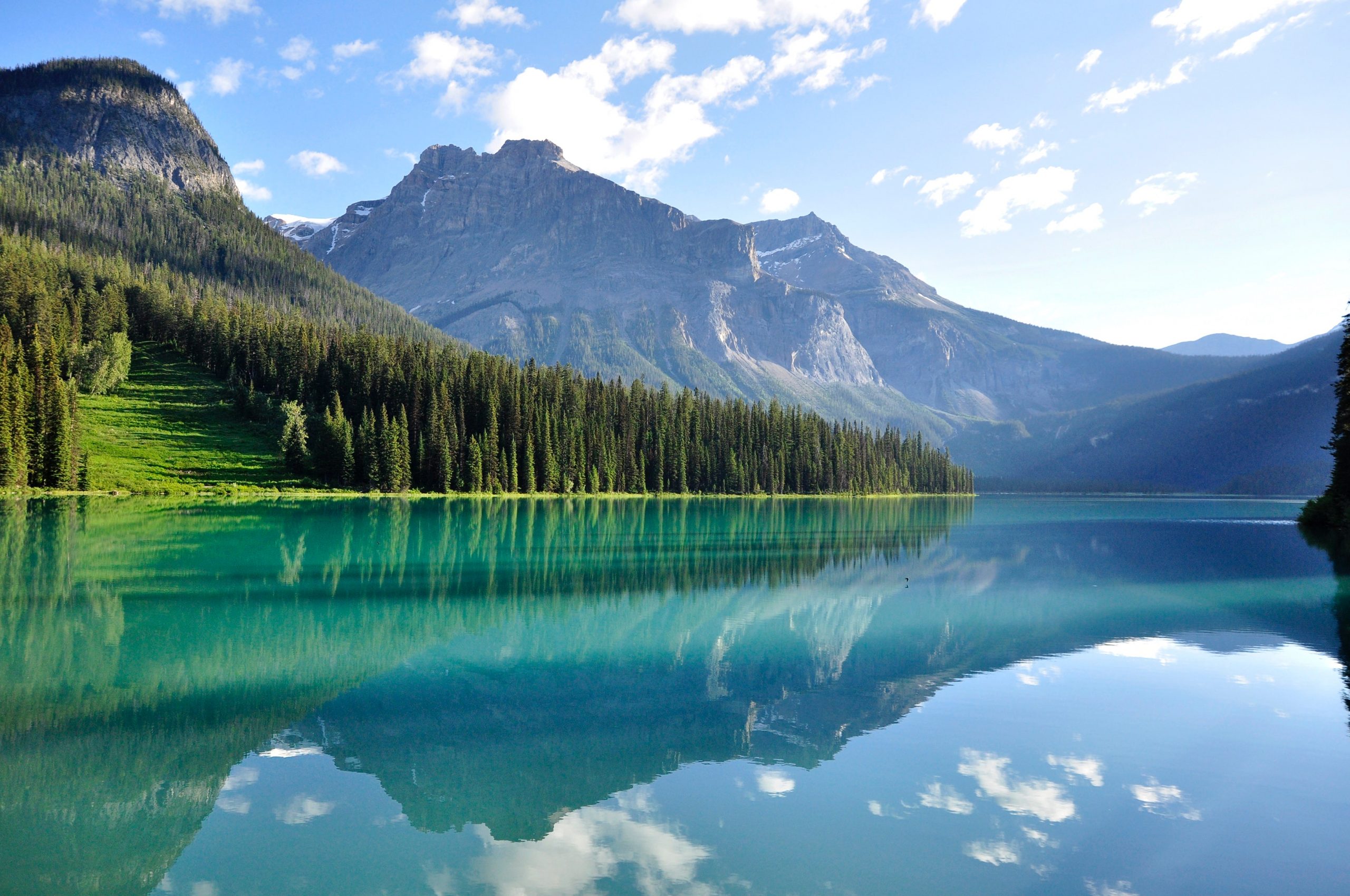Why Immigrate to Canada?
Is Canada the right place to immigrate?Canada has always been a country that welcomes many newcomers. In this article, we will review why Canada has become such a popular destination for many immigrants during the last decade.
RELATED ARTICLES
Accessible immigration program
According to the 2021-2023 Canada’s Immigration Levels Plan, Canada plans to admit nearly 450,000 newcomers each year. This goal can be achieved thanks to the various immigration opportunities available at the federal and provincial levels in Canada.
Canada seeks new economic immigrants to be workers, consumers, entrepreneurs, and innovators in its economy. Economic immigrants fill gaps in the Canadian workforce, invest in the economy, provide skilled labor, and fuel its economy through their consumption. Thus, the Canadian government offers a large number of visa options for persons who want to move to Canada either permanently or temporarily, who are skilled or semi-skilled workers with various levels of education and professional experience.
The Canadian Express Entry system that is used to select the most successful economic applicants is considered one of the best in the world. It is known for its quick and transparent selection process.
Canada also welcomes international students at secondary and tertiary educational institutions. Students who graduated from a Canadian educational institution can obtain a Work Permit under the simplified procedure and have significantly higher chances of being granted permanent residence status in Canada.
Family reunification is another pillar of Canada’s immigration policy. The family reunification policy is based on the notion of “sponsorship” — Canadian citizens and permanent residents can sponsor their close relatives to come to Canada as permanent residents. Sponsors must agree to provide financial support to the sponsee for at least 12 months and sometimes even more (e.g. 24 months when sponsoring a grandfather or grandmother).
Canada offers visa options not only at the federal level but also at a provincial or territorial one. Each province or territory operates its own programs and streams for certain groups of people: graduates from Canadian learning institutions, entrepreneurs, farmers, etc. Applicants selected by Canadian provinces and territories must meet specific employment needs in those places. In turn, such newcomers must intend to settle in the province that selects them. These options are gathered under the Provincial Nominee Program (PNP).
Settlement with family
Almost all immigration programs allow successful applicants to bring dependents with them to Canada. This means your family members do not have to apply separately for a family visa, as they are allowed to settle with you in Canada on the same visa.
However, you must include them in your application as well as provide all the requested documents concerning family members to Immigration, Refugees and Citizenship Canada (IRCC) — the federal immigration authority. The number of family members included in the application defines the minimum amount of money you need to have in order to be admitted to Canada (if the program under which you apply has a minimum money requirement).
And that’s not all! When you apply for a Temporary Work Permit, your accompanying spouse included in the application also gets similar full-time work rights as you.

High quality of life
One reason Canada is immensely popular with prospective immigrants is its high quality of life — a measure of the health, comfort, and happiness of people. US News & World Report’s survey ranked Canada as No. 1 of 78 countries for quality of life in 2021. Canada also scored No. 1 for “social purpose,” thanks to the country’s commitment to human rights, social justice, racial equity, religious freedom, trustworthiness, and balanced distribution of political power — all important issues for people thinking of leaving a troubled homeland for a better life.
There are important indicators of the life quality that can be measured such as:
Each of these are discussed in our article about the quality of life in Canada.
Vast job opportunities
Canada is the world’s second-largest country by land area and has the 9th-largest economy in the world. It is known for its stable economy with many developing industries. To operate this vast economy, Canada needs qualified skilled and semi-skilled workers. Canada faces a shortage of workers because a large percentage of existing employees belong to the baby-boomer generation, which means they are retiring in large numbers and will need to be replaced. Thus, Canada offers many immigration options for persons who want to work in Canada!
Working conditions in Canada are also some of the best in the world. Canada has among the highest minimum wages in the world, at CAN $11 to $16 per hour, depending on the province or territory. Canada also offers many benefits for temporary foreign workers, such as free healthcare coverage, 14 to 21 days’ mandatory paid vacation per year, up to 35 weeks of maternity/paternity leave for new parents with 55% of the wages paid by the government, etc.
World-class education
Canada operates a world-class education system which is decentralized; the decision-making is primarily delegated to the individual provinces. Foreigners are welcomed in secondary and post-secondary education systems of all provinces.
Secondary education
Canada continues to be among the top performers in the Program for International Student Assessment (PISA), with a strong performance in Math, Science, and Reading skills. The quality of Canadian secondary education is recognized as one of the country's greatest strengths. According to Organisation for Economic Co-operation and Development (OECD) reports, Canada’s high school students are among the best educated in the world, ranking 8th in science, 6th in reading, and 12th in mathematics. You may read about the secondary education options for international students in our article.
Tertiary education
Canada performs well in higher education as well. Measured on the basis of percentage of population with higher education, Canada ranks as the most educated country in the world. 56.27% of adults in Canada have taken some form of higher education. Canada also has some of the world's highest-ranked universities. Ten of the top 250 universities in the world are located in Canada. All of these educational institutions welcome international students. You may read about the higher education options for foreigners in our article.
Clean environment
The quality of the local living environment has a direct impact on people’s health and well-being. Canada is ranked as the 7th among the OECD countries for a clean environment. It scores 8.3 out of 10 points. Canadians also enjoy high-quality drinking water (ranks third in the world) and air quality (ranks ninth among the OECD countries).
According to the OECD Environmental Performance Index 2020, Canada ranks 8th out of 33 for low-carbon-emitting electricity production. Nowadays Canada fulfills about 82% of its electricity demand from non-carbon sources including hydro, nuclear, wind, and solar. Canada also exports non-emission-generating electricity to parts of the United States that neighbor Canada, displacing more greenhouse gas intensive generation processes and reducing emissions by millions of tonnes of CO2 equivalent each year.
Safety and security
Canadians enjoy safe and secure communities. There is a national police force and many other law enforcement agencies across the country. The crime rates are low; the OECD Better Life Index 2020 ranked Canada 9.1 out of 10 for safety. Canada is ranked as the 10th safest country in the world. According to the Global Peace Index of 2021, Canada was ranked the 12th most peaceful nation in the world. The index weighs a variety of factors including homicide rates, militarization, political stability, diplomatic relations, ongoing conflicts, incarceration rates, and terrorism impact, among others.
Personal security is another core element for the well-being of individuals. In Canada, about 82% of people say that they feel safe walking alone at night, more than the OECD average of 68%.
Spectacular nature
Canada is full of amazing outdoor wonders. Approximately 90% of the country is uninhabited, which equals a whole lot of raw, untouched natural wonders. The country boasts hundreds of nationally protected parks, reserves, historical sites, and hiking trails. These natural beauties stretch along the whole of Canada: from the Pacific coast to the Atlantic coast. As it is said, a picture is worth a thousand words, so let’s look at some of Canada’s natural sights.
Rapid development of tech industries
The Canadian technology sector is rapidly growing. In 2021, Canada was ranked fourth overall on the StartupBlink Global Startup Ecosystem Index. This became possible thanks to consistent government support and investments in the technology industry. Canada has developed multiple metropolitan hubs that have a flourishing ecosystem for tech startups. In fact, the Canadian startup market is booming in 2021, having already broken its previous record in venture dollars invested.
One reason for such a boom in the startup field is that there are many tax incentives for companies establishing a business in Canada, at both the federal and provincial levels. There are over 200 such business benefits in total.
The Canadian cities that attract the biggest number of tech talents are Toronto (known for innovation in biotech), Montreal (known as a Canadian epicenter for developments in artificial intelligence), and Vancouver (known for innovation in cleantech).
Nice people
Canadians are known for being polite and friendly people that make them a welcoming and likable nation. Canadians even sometimes joke about saying “sorry” too much — they will apologize to the person who just stepped on their foot!
Canadians, like people in any country, can be very different from each other. Ethnic origin and place of residence of a person are important factors influencing the manner of communication. However, in general, Canadians are friendly and positive. They often smile, are not embittered, and behave modestly. They also do not express their emotions loudly.
Canadians are keen on volunteering. About half of all Canadians give time and energy to various causes without being paid. They volunteer in various ways with social service and religious organizations, charities, coaching children’s sports, etc.
High housing costs
Canada, compared to other countries, has a relatively high cost of housing, and the prices are constantly rising. The most expensive housing markets are in British Columbia and Ontario. Moreover, Canada’s least-affordable cities are actually among the most expensive in the world!
The average cost of a home in Canada in 2021 is CAN $750,000 and it is up 21.4% from the last year. Below you may find data on average prices for accommodation in the 10 most popular Canadian cities.
Average price for a house (CAN $) | Average price for a condominium apartment (CAN $) | |
Toronto | 1,195,000 | 669,000 |
Montreal | 524,000 | 369,000 |
Vancouver | 1,558,000 | 678,000 |
Calgary | 518,000 | 247,000 |
Edmonton | 435,000 | 228,000 |
Ottawa | 661,000 | 380,000 |
Quebec City | 339,000 | 232,000 |
Winnipeg | 379,000 | 237,000 |
Hamilton | 877,000 | 616,000 |
Victoria | 1,073,000 | 558,000 |
In July 2021, the average monthly rent for a one-bedroom apartment was CAN $2,000 in Vancouver and $1,700 in Toronto. The situation in smaller communities and cities less popular with immigrants was much better. In Winnipeg, Manitoba, in Canada’s heartland, for example, the cost was only CAN $1,060, and in Regina, Saskatchewan, it was $910.
Weather
While summers in Canada are the best time for any outdoor activities such as camping, hiking, boating, etc, Canadian winters can be extremely unfriendly. Every Canadian knows how bad winters can get. Unless you are lucky enough to live on the mild West Coast or in more temperate southern Ontario, you are almost sure to get tons of snow and to see temperatures drop as low as -35 degrees Celsius during the winter.
The impact of climate change means that cold weather is not the only issue Canadians have to deal with. In 2021, an unprecedented Canadian heatwave and forest fires killed dozens of people, and huge floods put several small cities in British Columbia underwater. Such natural disasters are likely to become more frequent in coming years amid a warming climate that is also causing major concerns about changes to the Far North ecosystem.
High taxes
Residents of Canada pay a variety of taxes to all three levels of government: federal, provincial or territorial, and municipal. Although Canada’s top federal income-tax rate (33%) is comparable to the top U.S. rate (37%). Canada’s provincial income-tax rates are much higher (ranging from 13% to 25%) than U.S. state taxes (0 to 13%). Canada’s top personal income taxes are now among the highest among advanced economies. In 2017, Canada had the seventh-highest top combined tax rate among 34 OECD countries. The top corporate income tax rate in Canada is 26,5%.
In 2021, the Fraser Institute conducted a research study showing that the average Canadian family (two or more people) earning CAN $124,659 will pay CAN $48,757 in total taxes — or 39.1 percent of their income.
As a result, Canada’s ranking in the 2021 International Tax Competitiveness Index has declined and now it is ranked 20th among 37 advanced countries.
Crisis in the healthcare system
In general, Canada’s universal healthcare system is considered among the best in the world, with more than 1,200 hospitals all over the country, substantial investment in medical research, and a tax-paid system that makes sure everyone has coverage for basic health needs. However, in recent years it has being dealing with some difficult problems:
- Lack of doctors: There is a shortage of general practitioners (family doctors) in Canada. It is sometimes difficult to find a GP who is accepting new patients nearby, especially in smaller communities, and people must go to larger cities to get care. Thus, doctors in Canada are often overworked.
- Long wait times: Waiting for treatment has become a characteristic of Canadian health care. According to the survey, conducted during the pandemic in 2020, specialist physicians reported a median waiting time of 22.6 weeks between referral from a general practitioner and receipt of treatment. With the COVID-19 pandemic, provincial health ministers prioritized hospital space for coronavirus patients and canceled thousands of elective surgeries. These cancellations resulted in an increase to already lengthy wait times for Canadians looking to see specialists or get non-urgent treatment.
- Rationing: People with a true emergency always take priority and will get timely care. But because the system allocates the use of expensive equipment and services, non-emergency needs may take much longer. For example, getting an MRI to diagnose a chronic shoulder problem may mean going to a middle-of-the-night appointment several weeks and some distance away.
These are only some of the drawbacks. You can read more in our article about Canada’s healthcare system.
Long distance between cities
Canada is the second-largest country, in terms of landmass, and with that comes a bit of downside. Major cities can be hundreds or thousands of kilometres apart, which is inconvenient for business travel. For example, driving from Toronto to Winnipeg may take over 20 hours — almost a full day of travelling, crammed in a car, just to move from the heart of one province to another.
This remains a disadvantage even if you fly. For example, flying from Vancouver to Montreal, the cheapest return flight you can get will cost CAN $500. Canadians often say It’s cheaper to fly to Europe than to many places within the country.
Additionally, Canada’s vastness, particularly in the north and western provinces, affects the healthcare system, as it means that people may have to travel long distances to get to a larger centre where specialized care is available; this makes it difficult for family members to accompany a patient on hospital stays.






